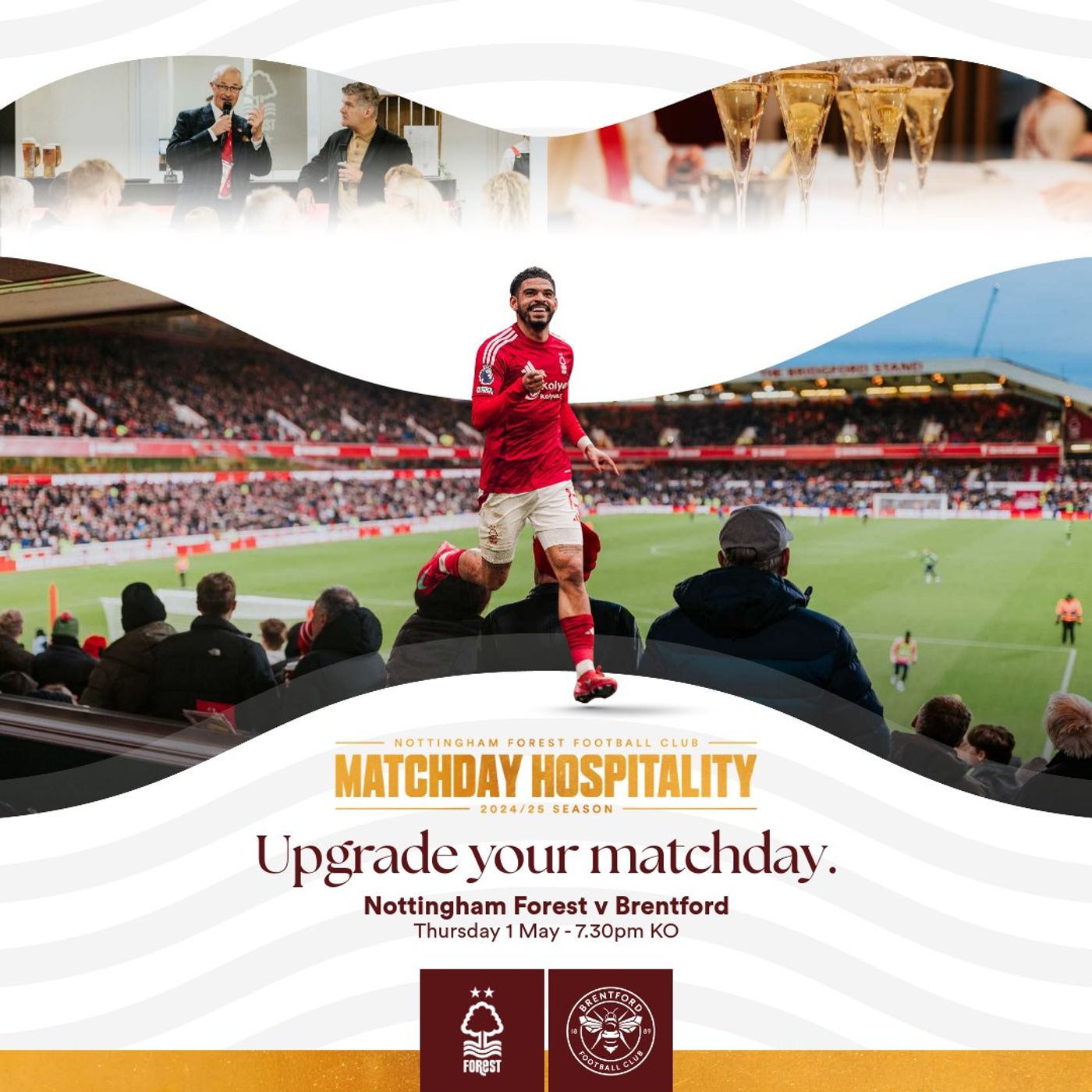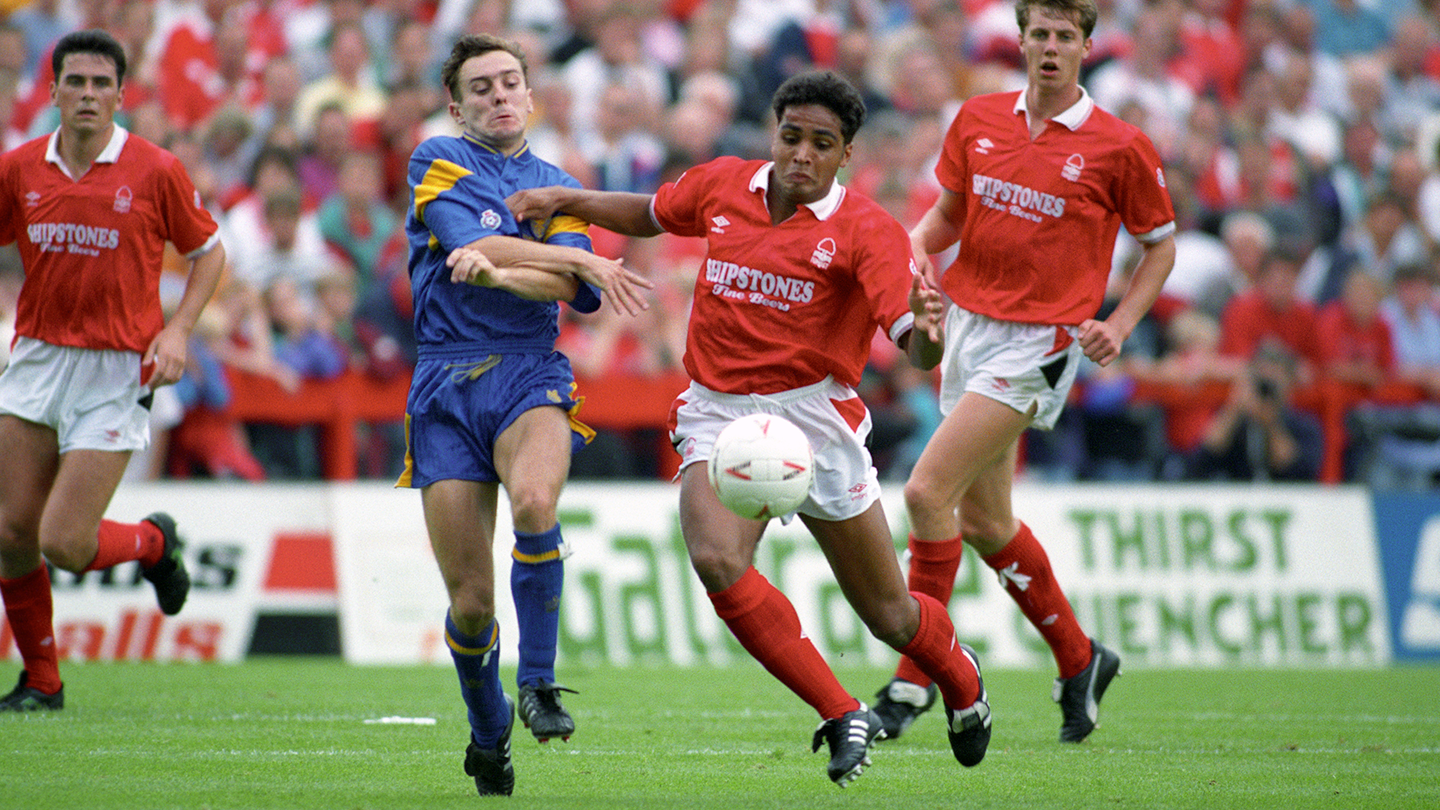He was part of the team which lifted the Full Members’ Cup in 1992 but after leaving the club in 1993, he faced injuries and troubles away from football.
As it’s his birthday today, we caught up with the two-cap England international to talk about his time with The Reds and difficult times off the pitch…

You must have some amazing memories from your time here as a player?
Definitely, in fact I still remember cleaning Johnny Metgod’s boots! It was a great education and I’ve got some brilliant memories and it was probably the most memorable time of my career.
We were all integrated into the first team from a young age and there was never a ‘them and us’ situation. It always felt like one big family and that was genuine. We were always brought up to respect one another and that was hugely important. I think Cloughie took a shine to me and at times he made me sit in the dugout with him to watch games. I even remember when he gave me my first professional contract and told me to go and ring my mum straight away!
How difficult is it for a professional footballer when your career comes to an end?
I broke my leg at the age of 25 when I was on the verge of the England squad and that signalled the end of my career. I had to basically learn to walk again and my first thought was simply ‘what am I going to do next?’. I’ve got my own company now, GCSportsCare, which looks after both professional sports and non-sports people, and the problem with young players now is that their only focus in life is football.
For me, that’s where they go wrong because they don’t imagine a life after football. Young players should be out there getting degrees or apprenticeships under their belts to make sure that they have something to fall back on if their football career doesn’t work out.

You went through difficult times with your drinking and had a brief time in prison. How tough were those periods in your life?
I didn’t actually like alcohol but there would be a tendency for me to go out on a Friday night and stay out a bit too long. Any addiction is a gradual thing though because people are never chronic alcoholics at the start of their drinking.
A lot of people then go to prison, like I did, because problems just spiral out of control. I think people are quite quick to judge but in my case, I had to look in the mirror and say, “where am I with my life and what do I need to change?”.
You always get told what to do in life when you have problems but to the people I help now, I try and suggest solutions rather than tell them ‘you have to do X, Y and Z’. When I was in prison, another inmate told me to treat drinking like I treated football, to learn from my mistakes and improve the way I did things and that really stuck with me.
It must be great to come out the other side and show people that life can give you a second chance?
Definitely. You have to rebuild people’s trust and make sure you show people what you can do rather than just say it. That’s the advice I try to pass on to young players nowadays, you have to be honest with yourself and if you’re not then you won’t get that content sobriety.
I remember in prison I was asked to coach the football team and there was a really big lad there who’d never played or ever been part of a team. So, I said to him, if you get fit and lose some of your weight, then you can be involved in the squad.
He was so dedicated that he lost two stone and he got in the squad for the prisoners vs officers game. That just shows you that if you give people a chance then they will make something of themselves even if they’ve been written off before.

